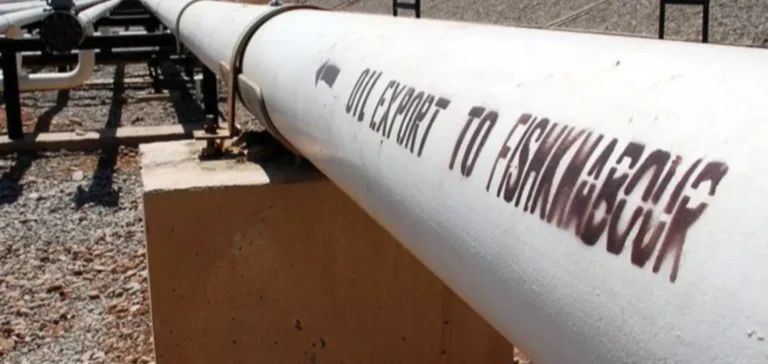ShaMaran Petroleum Corp. announced it has signed an interim agreement with the Kurdistan Regional Government (KRG) and the federal Government of Iraq, alongside several international oil companies, to restart crude oil exports from the Kurdish region through the Iraq-Türkiye pipeline. The Canada-based company stated that flows could resume within days.
An export framework based on the Iraqi Budget Law
The terms of these agreements are based on the amendment to Iraq’s Budget Law passed in February. The law formally recognises the Production Sharing Contracts (PSCs) signed between the KRG and foreign operators. During an initial period of approximately three months, oil companies will be compensated at $16 per barrel to cover production and transportation costs. This payment structure reflects the current economics of local sales in Kurdistan, while maintaining compliance with the contractual obligations of the operators.
Marketing by SOMO and deferred payments
The crude will be marketed by the State Organization for Marketing of Oil (SOMO), applying the official selling price of the Kirkuk blend. Oil companies will be paid in arrears from the proceeds of sales at Ceyhan, Türkiye, through their nominated traders. Meanwhile, discussions are ongoing between companies and the KRG regarding recovery of receivables from past oil sales.
Production restored at Sarsang and Atrush blocks
ShaMaran also reported that production at the Sarsang Block has been fully restored nearly one month ahead of schedule. The field is now producing over 30,000 barrels per day. At the Atrush Block, production stands at approximately 35,000 barrels per day. These volumes could quickly feed into exports once the pipeline reopens.
A key agreement for operational stability
ShaMaran President and Chief Executive Officer Garrett Soden welcomed the conclusion of the agreements, highlighting their role in ensuring continued investment and operational stability in the region. HKN Energy, ShaMaran’s operating partner at Sarsang, led the negotiations with the relevant authorities.






















